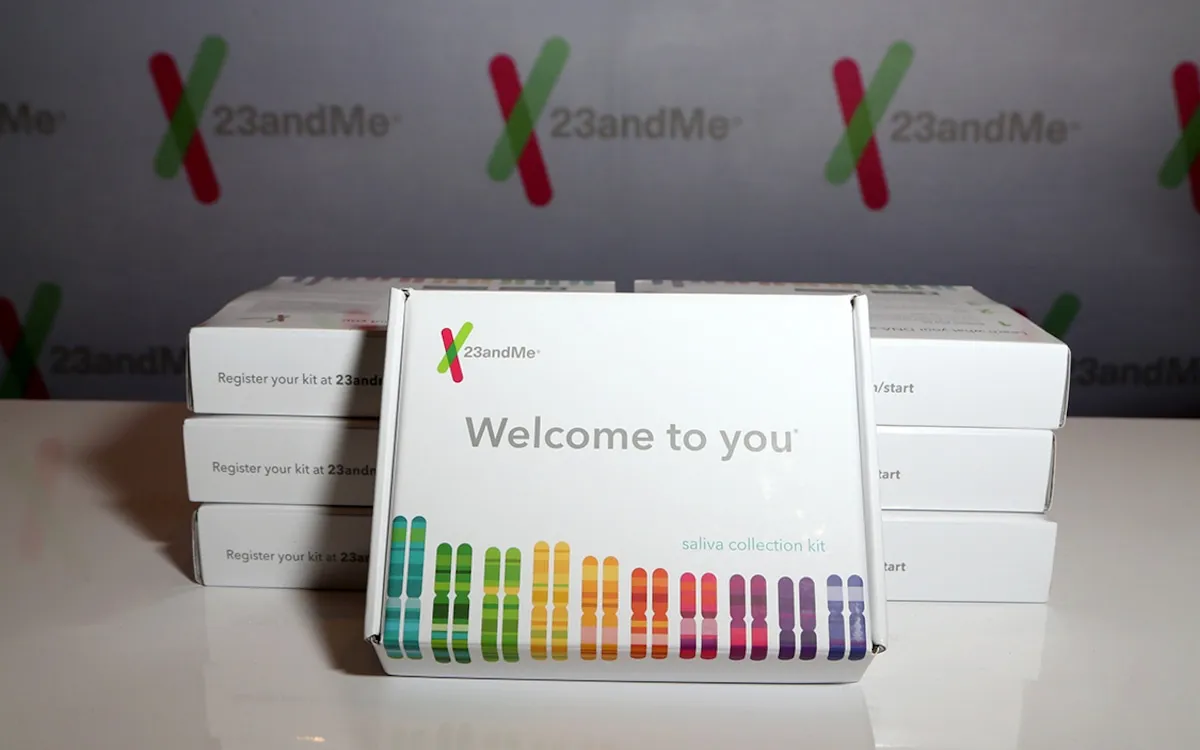
On Monday, Oregon’s Attorney General, Dan Rayfield, raised awareness about a significant opportunity for consumers to exercise their rights under the state’s robust consumer privacy laws. This comes in light of the recent announcement from the San Francisco-based genetic testing firm, 23andMe, which filed for Chapter 11 bankruptcy and plans to pursue a potential sale.
In their official statement released on Sunday, 23andMe confirmed the filing for bankruptcy while assuring customers that operations would continue as usual. The company emphasized that there would be no alterations to how it stores, manages, or protects customer data. However, this situation presents an opportunity for Oregonians to reassess their control over personal genetic information.
Attorney General Rayfield emphasized that Oregonians possess the right to have their personal data deleted and can revoke consent for its processing. “Oregonians need to know that they still have full control over their own data – they can delete their genetic information and test samples on the website and pull the plug on any permission for 23andMe to share it with researchers,” he stated.
For those interested in exercising their rights, the Attorney General's office outlined a simple procedure for Oregonians to have 23andMe erase their genetic data:
Log into your account at 23andme.com. Click on “Settings” under your profile. Locate the “23andMe Data” section. Click “View,” then “23andMe Data.” Scroll to the “Delete Data” section. Select “Permanently Delete Data.”Upon completing these steps, 23andMe will send a follow-up email to confirm the deletion of your data.
Customers also have the option to request the destruction of any test samples they've submitted. This request can be made from the account settings page under “Preferences.” Furthermore, individuals who previously consented to share their genetic data with 23andMe or third-party researchers can revoke this permission through the “Research and Product Consents” section within their account settings.
The Oregon Consumer Privacy Act, which came into effect last year, establishes essential data privacy requirements for businesses that have collected information from at least 100,000 residents of Oregon. This law empowers consumers with the right to access, delete, or obtain copies of any personal data that has been collected or sold.
As the landscape of genetic testing and consumer privacy continues to evolve, it is crucial for individuals to stay informed and proactive about their rights regarding personal data. For more insights and updates on consumer health and privacy matters, feel free to reach out to Kristine de Leon at kdeleon@oregonian.com.